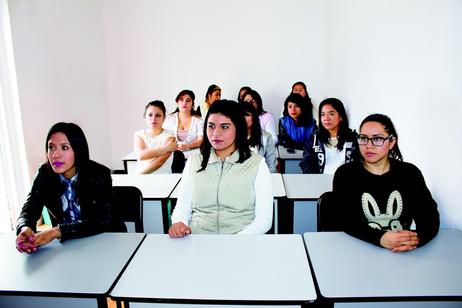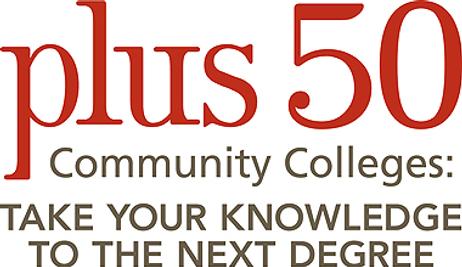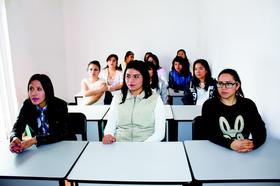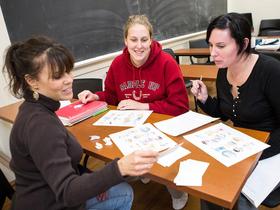International Students & Community Colleges: How to Apply for January Intake
For many international students, U.S. community colleges offer an affordable, flexible, and accessible pathway to higher education. While most students are familiar with fall admissions, the international students community colleges January intake has become an increasingly popular option. This mid-year start allows students to avoid long waits, align studies with home-country academic calendars, and begin earning U.S. credits sooner.
This guide explains how the international students community colleges January intake works, who it benefits, and how to apply successfully. Parents, students, and counselors will find practical timelines, requirements, and expert insights to support informed decision-making.
Why Community Colleges Attract International Students
Community colleges enroll more than one million international students each year and play a critical role in the U.S. higher education system. Their appeal is especially strong for those exploring the international students community colleges January intake.
Key advantages include:
Lower tuition and living costs compared to four-year institutions
Flexible admissions standards
Smaller class sizes and academic support services
Transfer pathways to universities after one or two years
For many families, the international students community colleges January intake represents a cost-effective and lower-risk entry point into American higher education.
What Is the January Intake?
The January intake, sometimes called the spring intake, allows



















